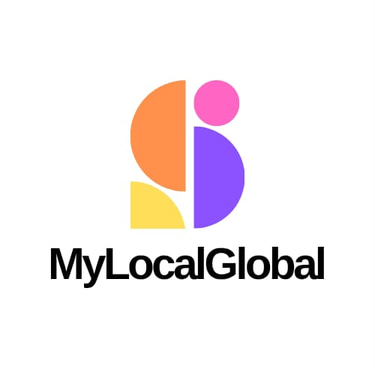English speaking Biotechnology Jobs in Copenhagen
10+ Open Jobs.
Jobs>Copenhagen>Biotechnology
1 total jobs
-
Unlock Your Next Great Hire. Recruit with Faruse!
Promote your job openings seamlessly and efficiently, reaching 200 thousand of potential candidates in just a few clicks.
Post a job AI Recruitment Recruitment Outsourcing -

Project assistant
- SPONSORED JOB
- Poland
- Freelance
- MyLocalGlobal
FreelanceCo-Pilot Path Finder Consultation AI Salary Job Matcher View Job -
Sales Representative
- SPONSORED JOB
- Remote
- Full-time
- Crystalia Glass
Full-timeCo-Pilot Path Finder Consultation AI Salary Job Matcher View Job -

Fine Art Production & Dispatch Associate
- SPONSORED JOB
- Germany , Dusseldorf
- Full-time
- ThePrintSpace
Full-timeCo-Pilot Path Finder Consultation AI Salary Job Matcher View Job -
HORIZONS - Nordics
- Copenhagen, Capital Region of Denmark, Denmark
- Full-time
- Louis Vuitton
Full-timeCo-Pilot Path Finder Consultation AI Salary Job Matcher View Job

